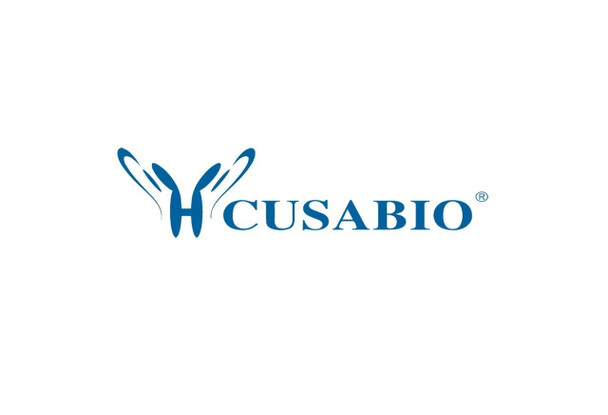Cusabio Polyclonal Antibodies
Phospho-RPS6KB1 (Thr421) Antibody | CSB-PA075982
- SKU:
- CSB-PA075982
- Availability:
- 3 to 7 Working Days
- Size:
- 100ul
Description
Phospho-RPS6KB1 (Thr421) Antibody | CSB-PA075982 | Cusabio
Phospho-RPS6KB1 (Thr421) Antibody is Available at Gentaur Genprice with the fastest delivery.
Online Order Payment is possible or send quotation to info@gentaur.com.
Product Type: Polyclonal Antibody
Target Names: RPS6KB1
Aliases: KS6B1; P70-S6K; RPS6KB1; S6K;
Background: Phosphorylates specifically ribosomal protein S6 in response to insulin or several classes of mitogens. Promotes protein synthesis by phosphorylating PDCD4 at 'Ser-67' and targeting it for degradation.
Xiao-Feng, et al. (2003) Le1 30 Volume 22: 484-497
An WL, et al. (2003) Am J Pathol. 163 (2) : 591-607.
Le XF, et al. (2003) Oncogene.22 (4) : 484-97
Isotype: IgG
Conjugate: Non-conjugated
Clonality: Polyclonal
Uniport ID: P23443
Host Species: Rabbit
Species Reactivity: Human, Mouse, Rat
Immunogen: Peptide sequence around phosphorylation site of threonine 421 (P-R-T (p) -P-V) derived from Human p70 S6 Kinase.
Immunogen Species: Human
Applications: ELISA, WB, IHC, IF
Tested Applications: ELISA, WB, IHC, IF;WB:1:500-1:1000, IHC:1:50-1:100, IF:1:100-1:200
Purification Method: Antibodies were produced by immunizing rabbits with synthetic phosphopeptide and KLH conjugates. Antibodies were purified by affinity-chromatography using epitope-specific phosphopeptide. Non-phospho specific antibodies were removed by chromatogramphy using non-phosphopeptide.
Dilution Ratio1: ELISA:1:2000-1:10000
Dilution Ratio2: WB:1:500-1:1000
Dilution Ratio3: IHC:1:50-1:100
Dilution Ratio4: IF:1:100-1:200
Dilution Ratio5:
Dilution Ratio6:
Buffer: Supplied at 1.0mg/mL in phosphate buffered saline (without Mg2+ and Ca2+), pH 7.4, 150mM NaCl, 0.02% sodium azide and 50% glycerol.
Form: liquid
Storage: Upon receipt, store at -20°C or -80°C. Avoid repeated freeze.
Initial Research Areas: Cell Biology
Research Areas: Epigenetics & Nuclear Signaling;Cell biology;Metabolism;Signal transduction






